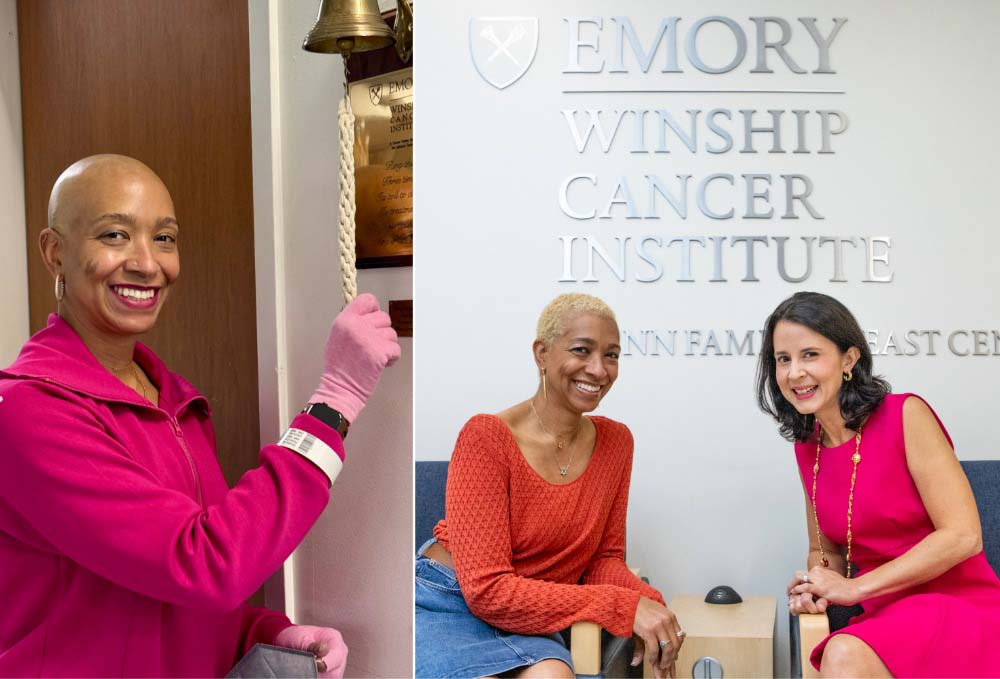Breast cancer is the most frequently diagnosed cancer in American women. In fact, the American Cancer Society estimates more than 281,000 cases of invasive breast cancer will be diagnosed in 2021 alone.
But here’s the good news: Today, there are nearly 4 million breast cancer survivors in the U.S. — and with increased awareness, more screenings and improved treatments, those who have the disease have more reasons for hope than ever before.
Emory Healthcare’s Glenn Family Breast Center at Winship Cancer Institute helps bring this hope to people diagnosed with all stages of breast cancer. Under the leadership of Director Kevin M. Kalinsky, MD, MS, a researcher who works to develop and test new therapeutic approaches to breast cancer, the center offers patients the newest and most promising therapies, including immunotherapy.
Attacking Cancer with Your Natural Defense System
Your immune system is made of specific cells, organs and tissues — all working together to protect your body from invaders such as bacteria and abnormal cells that can be cancerous. This protection helps you fight infections and other conditions, including cancer.
Unfortunately, cancer cells have ways of evading the immune system. Sometimes, for example, there are proteins on the surface of the cells that essentially turn off your immune response. These proteins may also cause genetic changes in cancer cells that make it harder for your immune system to recognize the cancerous cells as threats.
Immunotherapy helps your body find and attack cancer cells more effectively and can be used to treat breast cancer and several other types of cancer.




